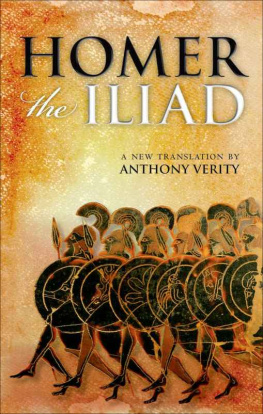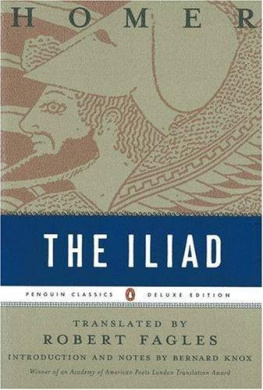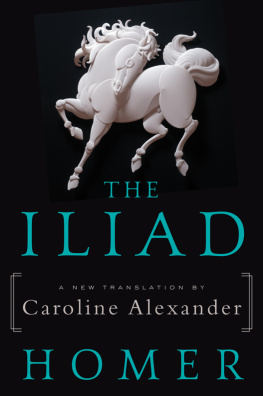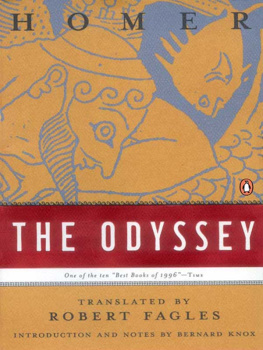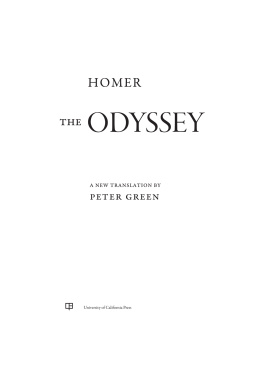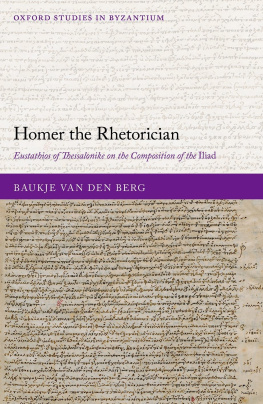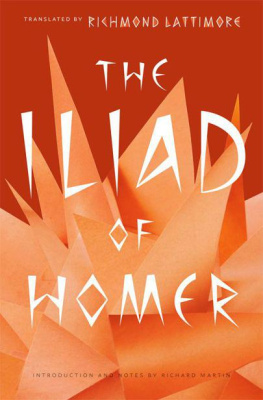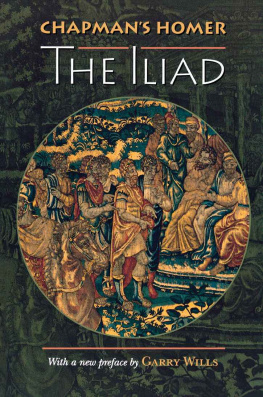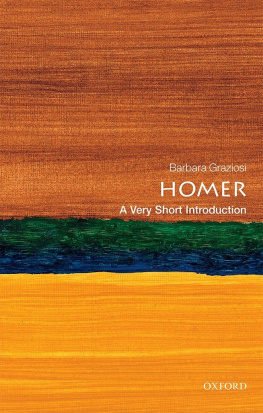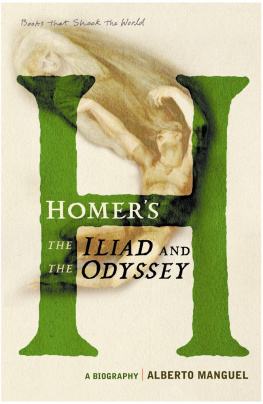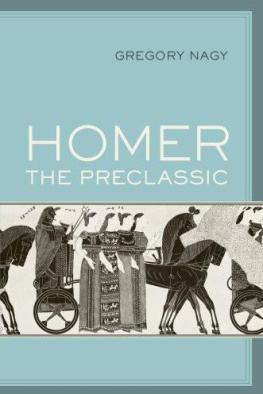Cambridge Greek and Latin classics
General Editors
P. E. Easterling
Regius Professor Emeritus of Greek, University of Cambridge
Philip Hardie
Senior Research Fellow, Trinity College, Cambridge
Richard Hunter
Regius Professor of Greek, University of Cambridge
E. J. Kenney
Kennedy Professor Emeritus of Latin, University of Cambridge
S. P. Oakley
Kennedy Professor of Latin, University of Cambridge
CAMBRIDGE UNIVERSITY PRESS
Cambridge, New York, Melbourne, Madrid, Cape Town, Singapore, So Paulo, Delhi, Dubai, Tokyo, Mexico City
Cambridge University Press
The Edinburgh Building, Cambridge CB2 8RU, UK
Published in the United States of America by Cambridge University Press, New York
www.cambridge.org
Information on this title: www.cambridge.org/9780521703727
Barbara Graziosi and Johannes Haubold 2010
This publication is in copyright. Subject to statutory exception and to the provisions of relevant collective licensing agreements, no reproduction of any part may take place without the written permission of Cambridge University Press.
First published 2010
Printed in the United Kingdom at the University Press, Cambridge
A catalogue record for this publication is available from the British Library
Library of Congress Cataloguing in Publication data
Homer.
[Iliad. Book 6]
Homer Iliad, book VI / [edited by] Barbara Graziosi, Johannes Haubold.
p. cm. (Cambridge Greek and Latin classics)
Text in Greek with introduction and commentary in English.
Includes index.
ISBN 978-0-521-87884-5 (hardback)
1. Homer. Iliad. Book 6. I. Graziosi, Barbara. II. Haubold, Johannes. III. Title.
IV. Series.
PA4020.P6 2010
883.01 dc22 2010030218
ISBN 978-0-521-87884-5 Hardback
ISBN 978-0-521-70372-7 Paperback
Cambridge University Press has no responsibility for the persistence or accuracy of URLs for external or third-party internet websites referred to in this publication, and does not guarantee that any content on such websites is, or will remain, accurate or appropriate.
Acknowledgements
The first invitation to write this commentary came from Pat Easterling, when we left Cambridge, after our doctoral and postdoctoral studies, and moved to Durham to take up two lectureships. Since then, many colleagues, friends and students have helped us try to make sense of Iliad 6. We cannot mention them all by name, but we are very grateful for the help we received with a task that seemed, at times, simply too hard. We have profited greatly from the guidance of the series editors, Pat Easterling and Richard Hunter, and from the detailed comments of Luigi Battezzato, Felix Budelmann, Andrea Capra, Georg Danek and Maria Serena Mirto: we can only hope that we have learnt enough from them. We would also like to thank our copy-editor, Jan Chapman, and Michael Sharp, classics editor at Cambridge University Press, for their work. We are grateful to the Department of Classics and Ancient History, Durham University, to the Arts and Humanities Research Council, and to the Loeb Foundation for granting and funding crucial periods of leave, which we devoted to this commentary. We have relied on excellent recent scholarship on Homeric epic and especially the two editions of the Iliad by Helmut van Thiel and M. L. West: our debt to them will be obvious to all readers. Magdalene Stoevesandt's commentary on Iliad 6, part of the Gesamtkommentar edited by J. Latacz and A. Bierl, came out shortly before we submitted ours to Cambridge University Press: it is truly excellent, and we have tried to include its insights in our discussion, but readers are very much advised to consult it too. We wrote most of this commentary in the evenings, after our children had gone to bed. While they slept upstairs, and we worked on the harrowing narrative of Iliad 6, we felt more than ever grateful for peace.
Abbreviations
Abbreviations mainly follow those used in the Oxford Classical Dictionary with the following variations and additions:
LfgrE
Lexikon des frhgriechischen Epos , ed. B. Snell, U. Fleischer and H.-J. Mette et al ., Gttingen 1955
New Pauly
Brill's New Pauly: encyclopaedia of the ancient world , ed. H. Cancik and H. Schneider, Leiden 2007
Introduction
The Poet and The Muses
In his Collection of useful knowledge Proclus observes that Homer said nothing about his own origins and lineage, and that because his poetry gives no express indication on these questions, each writer has indulged his inclinations with great freedom. This is a perceptive comment: from antiquity to the present there has been much debate about the origin, date and authorship of Homeric epic a debate fuelled, in part, by a lack of reliable information. And yet the Iliad does say something important about its poet, and in order to offer an introduction to Homeric poetry, it seems reasonable to start with the image of the poet presented in the Iliad itself, before broaching the many, and difficult, issues on which the poem offers no explicit guidance.
The poem starts with an order: Sing, goddess, the wrath of Achilles. Like all second-person addresses, this opening invocation establishes a specific relationship between speaker and addressee. The poet asks the goddess to sing and she evidently complies with his request: what follows, after the proem, is indeed a song about the wrath of Achilles. Song, , is a word the poet uses for his own performance: the Muse sings, and the poet sings too, about the same topic. After the proem their voices blend, until the poet faces particularly difficult challenges. Before launching into the massive Catalogue of Ships in book 2, for example, the poet suddenly puts some distance between himself and the Muse, re-establishes his own individual voice with the pronoun , and asks, again, for divine support (2.48493):
Tell me now, you Muses who have your homes on Olympus
for you are goddesses, are present and know all things,
but we hear only the kleos and know nothing
who were the leaders and commanders of the Danaans.
I could not tell the masses nor name them,
not even if I had ten tongues and ten mouths,
a voice that cannot break, and a heart of bronze inside me,
unless the Muses of Olympus, daughters of aegis-bearing
Zeus, remembered all of those who came to Ilios;
but now I will tell the leaders of the ships, and all the ships there were.
The Muses alone are present and know all things. Without their help, the poet is in exactly the same position as his audience: we have only heard the , and know nothing. is, literally, what is heard: the word sometimes describes the subject matter of epic poetry (e.g. Od . 3.204, 8.73; Hes. Theog . 99101; Hom. Hymn 32.1820; cf. Il . 9.189). The Muse sings, and the audience hear: in between, mediating in that complex transaction, stands the poet. At 2.487 the poet asks the Muses to tell him who the leaders of the Danaans were; he then declares he needs their help in order to relate to the audience this information; and finally, at 493, he launches into the grandest and most impressive catalogue in the whole poem. The Muses and the poet sing in unison again for a while; but the invocation establishes the terms of their relationship. The goddesses guarantee the accuracy of the poet's performance (they know everything); while the poet's performance, in turn, guarantees their presence (he states he could not accomplish his poetic feat without their help). Through this interaction, the ability to perform and the accuracy of the performance are tightly woven together.


